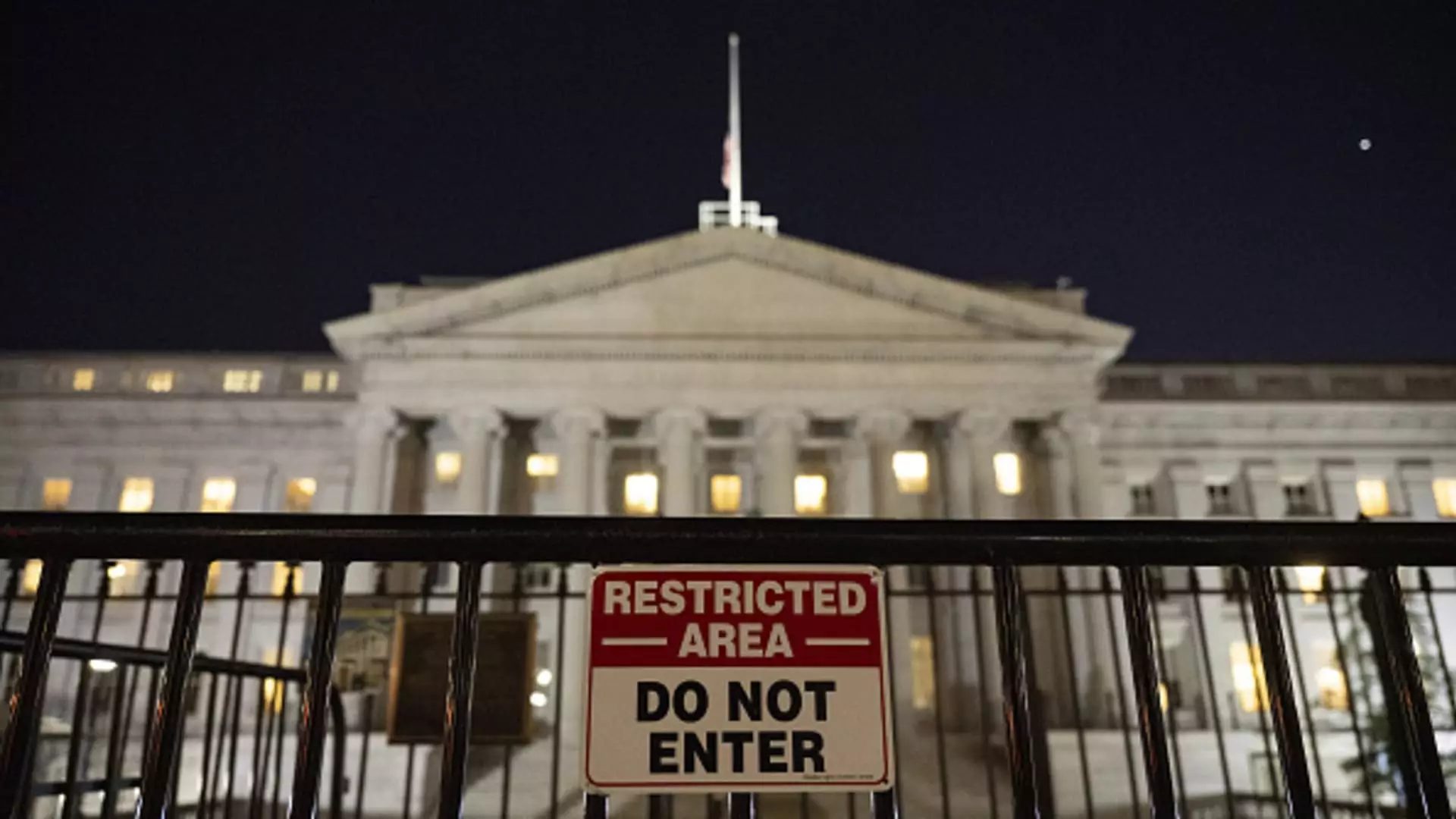The recent cyber breach involving the U.S. Treasury’s economic sanctions office underscores the escalating tensions between the United States and China. A report by the Washington Post has revealed that Chinese government hackers successfully infiltrated significant departments, including the Office of Foreign Assets Control (OFAC) and the Office of Financial Research. This incursion raises serious concerns about the security of sensitive governmental information, especially given that unclassified documents were reportedly compromised during this significant incident.
The investigation into the cyberattack unveiled that hackers had also targeted U.S. Treasury Secretary Janet Yellen’s office. This indicates not only the strategic nature of the attacks but also the potential for higher-level espionage aimed at influencing U.S. policy. Experts suggest that the Chinese government’s primary interest lies in understanding U.S. sanctions against Chinese entities, which have become a cornerstone of U.S. foreign policy. By breaching these offices, the hackers may have sought insight into how Washington formulates its sanctions, particularly in light of its increasing scrutiny of Chinese firms and individuals.
The response from officials in Beijing has been characteristically dismissive. Liu Pengyu, spokesperson for the Chinese Embassy in Washington, labeled the U.S. claims as “irrational” and devoid of factual basis, characterizing them as attempts to tarnish China’s image on the international stage. This denial is typical in diplomatic spat, hinting at the larger narrative both countries engage in regarding cyber warfare and influence. Such responses signal the ongoing and pervasive distrust that flows between the two nations, amplifying an already fraught relationship.
This incident is a reflection of the broader strategic competition between the U.S. and China. The U.S. has consistently identified China as its foremost foreign policy challenge, particularly regarding trade, technology, and military posturing. Economic sanctions have become a vital instrument for the U.S. to exert pressure on Chinese firms, suppress their influence, and curb their technological advancements. In this context, the hackers’ actions can be interpreted as an attempt to gain a competitive edge, emerging from a desire to counteract U.S. efforts that threaten China’s economic interests.
As the U.S. Treasury grapples with the implications of this breach, it becomes clear that enhancing cybersecurity is of paramount importance. The exposure of sensitive information not only has immediate consequences for U.S. policy but also threatens national security by enabling foreign adversaries to map out sanctions strategies. Moving forward, the U.S. government will likely re-evaluate its cybersecurity measures and collaborate with private sectors to strengthen defenses against such sophisticated cyber intrusions. This incident serves as a stark reminder of the critical intersection between cybersecurity, international relations, and national security strategy.
As geopolitical rivalries intensify, the importance of robust cybersecurity frameworks to mitigate risks and protect sensitive information cannot be overstated. The need for vigilance and preparedness is essential in navigating an increasingly complex cyber landscape shaped by national interests and espionage.


Leave a Reply